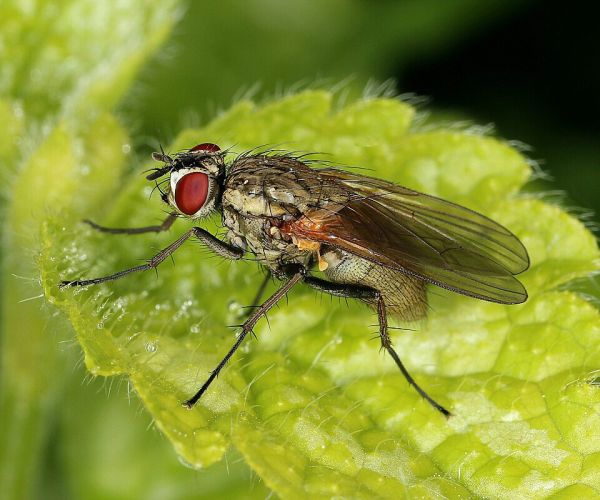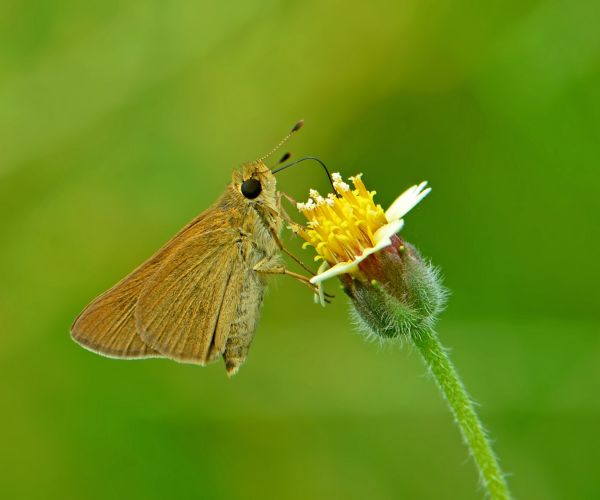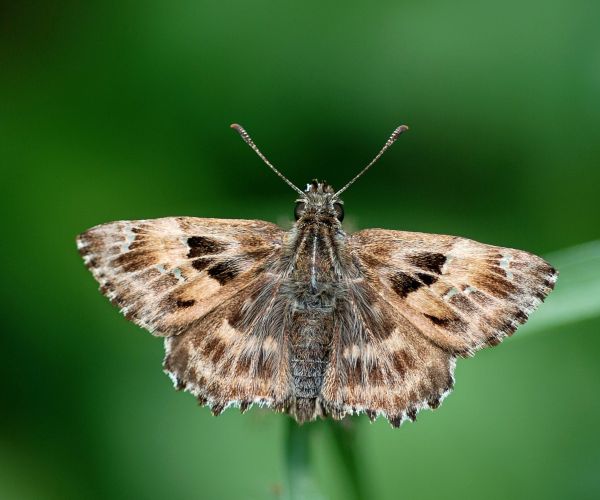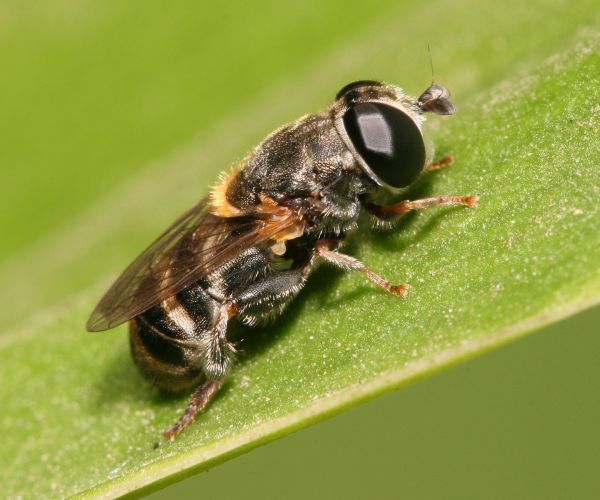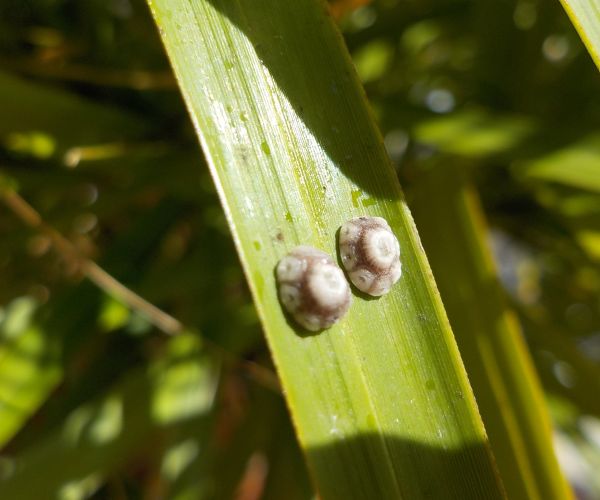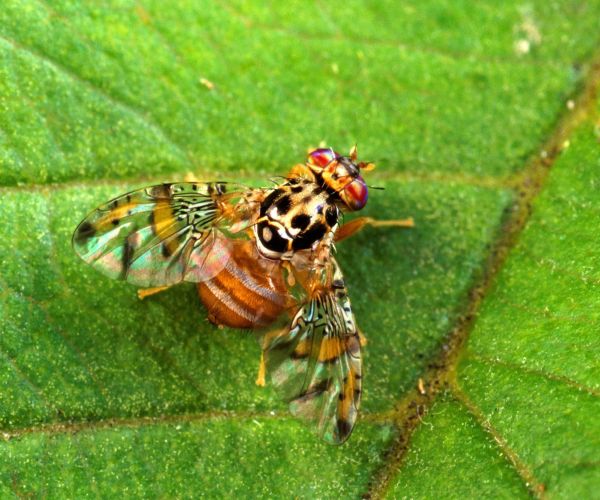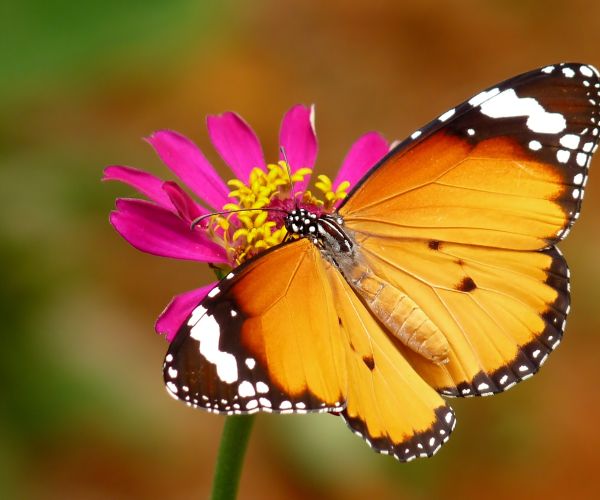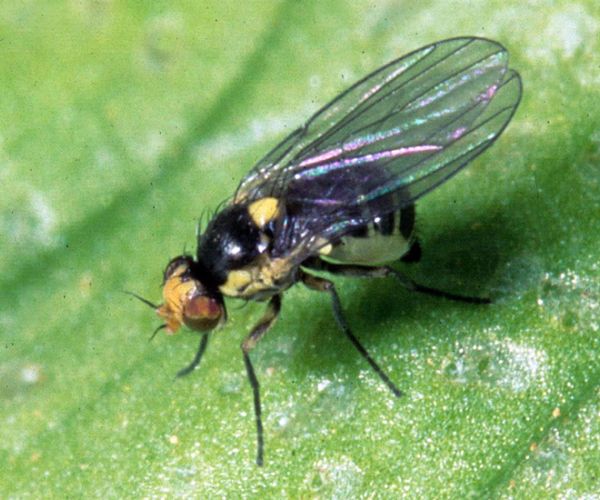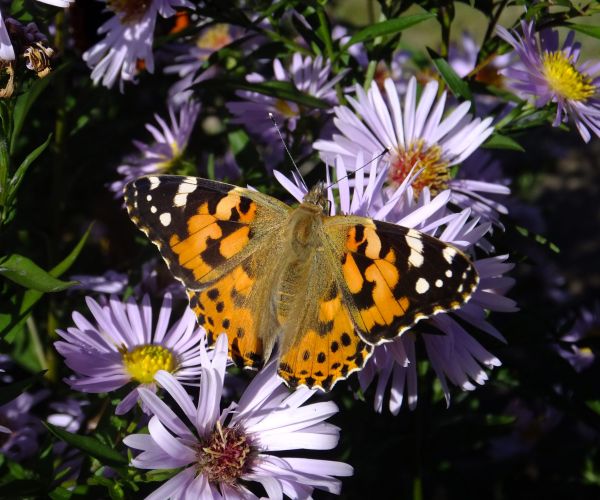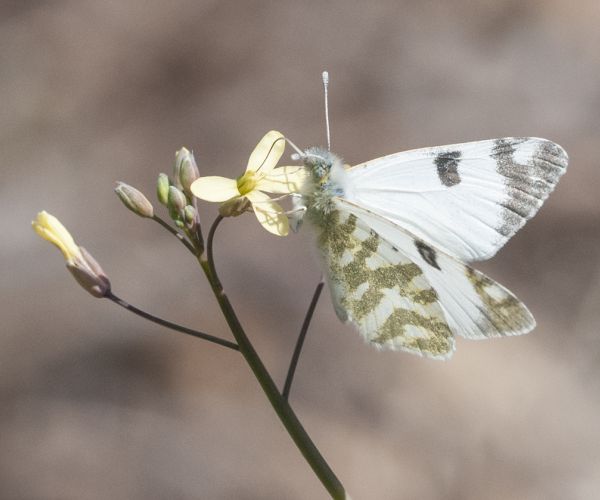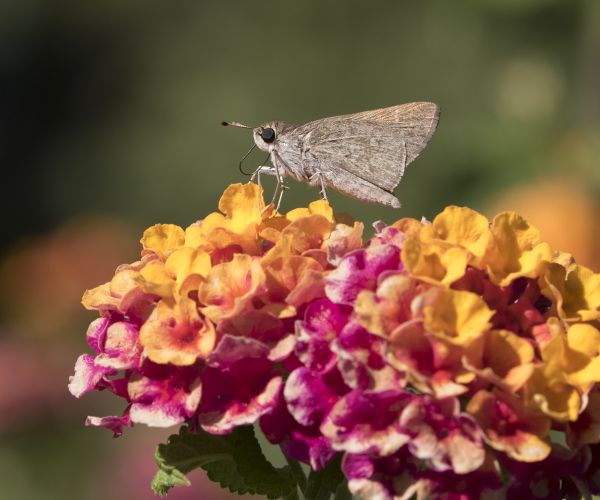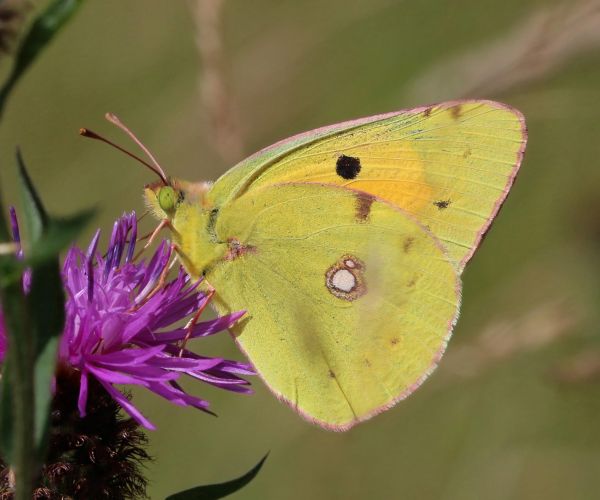Insects in Libya
Insects play a vital and essential role in the environment. While the exact number of insect species in Libya is not definitively determined, studies suggest that there are around 3,763 species. These insects perform significant functions within ecosystems, the economy, agriculture, and environmental balance overall. Among the reasons that make insects crucial in maintaining ecological balance are:
Pollination
Insects act as intermediaries for pollinating many plants, contributing to the reproduction of wild plants and agricultural crops such as vegetables and fruits, thereby enhancing food production.
Decomposition of Organic Matter
Insects play a role in breaking down organic matter and converting it into nutrients and energy resources, enriching the soil and improving its quality.
Pest Control in Agriculture
Some insects contribute to biological control of agricultural pests. Predatory insects feed on plant pests, helping to maintain crop health without the need for harmful chemical pesticides.
Nutrition for Wildlife
Insects are an important source of food for many wild animals such as birds, reptiles, and mammals, making them an essential part of the food chain in natural ecosystems.
Enhancing Biodiversity
Insects constitute a significant part of biodiversity in Libya, contributing to enriching the natural environment and supporting ecological balance.
Through these and other ways, insects demonstrate their importance in Libya and globally, contributing to environmental sustainability, economic
